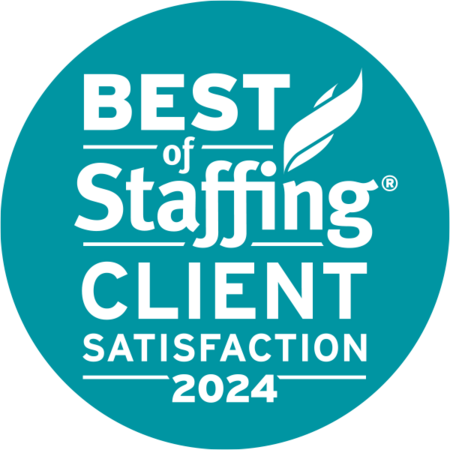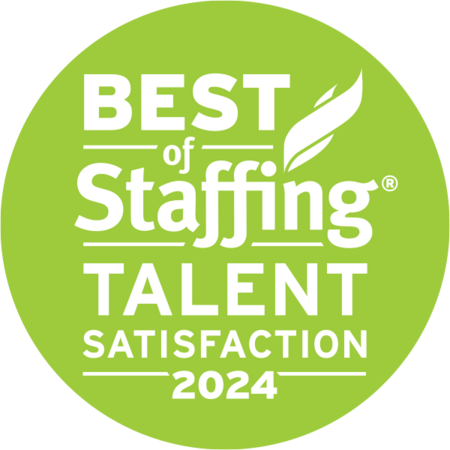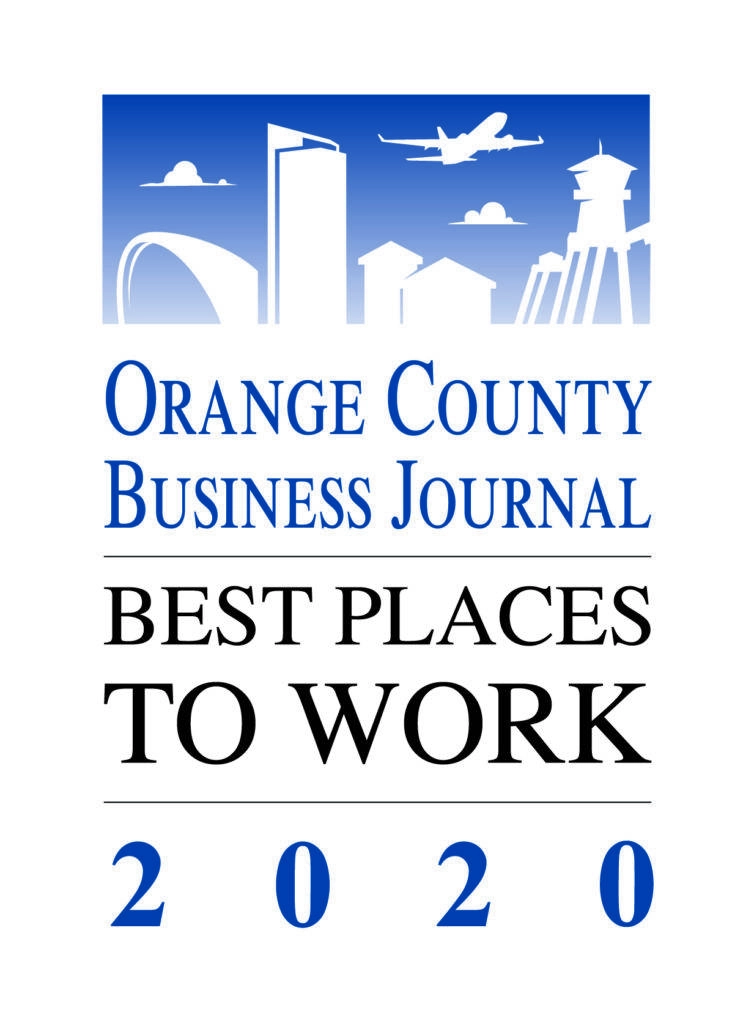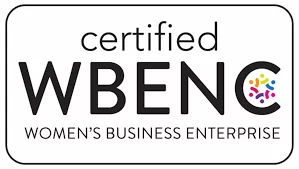Most would agree: The business landscape has transformed itself over the past three years. From the pandemic to supply-chain issues, inflation, geopolitical tensions, and economic downturn, businesses have faced near-constant disruption. And, as we approach 2023, businesses and their employees continue to navigate volatile times.
For Accounting and Finance professionals, the labor market has grown hotter than ever. Organizations have evolved business strategies and day-to-day operations to attract and retain talent. Recruitment practices, benefit packages, compensation and salary, flexwork policies, and professional development have all changed. So have employee expectations. ARG’s 2023 Financial Salary Guide and Employment Outlook examines market perspectives, economic projections, employer incentives, and employee attitudes and expectations to help bring greater clarity to the year ahead.
Today, you most likely have more career options than ever before. As we close out 2022 and look ahead to a new year and new opportunities, here are the top three trends to help guide you into and throughout 2023.
1) The Great Resignation Became the Great Regret
At the peak of the Great Resignation, 48 million people quit their jobs in 2021. That continued in 2022, with more than 20 million Americans exiting their jobs in the first five months of the year. This signaled a seismic shift in the employer-employee power dynamic where job seekers have the upper hand in the labor market. But quick-decision quitting and hastily filling empty positions has led to big regret on both sides of the table.
Approximately one in four employees originally lured away by high salaries, attractive signing bonuses and ultra-competitive benefit packages, now say they regret their decision. Many have found their new jobs did not live up to expectations, they lack the support to perform their duties at the new company or feel an overall misalignment of values and cultural fit with the new organization. A significant number of these employees are on the job hunt again.
Our 2023 Salary Guide offers five steps to navigate the job market, whether you are seeking new employment, returning to a former employer, or hoping to improve the circumstances at your current company.
2) Take Advantage of Employee Engagement Strategies
The constant combat for talent has taken a toll on engagement. Employees are disappointed (or envious) to see colleagues go, or they’ve become overworked and burnt out taking on extra responsibility.
To counter dragging company culture and low engagement, many Accounting and Finance organizations have implemented employee engagement strategies that show how the organizations care for their employees and position them for success.
Savvy professionals can take advantage of these new perks to advance their own careers.
- Fully commit to opportunities for coaching, training, and professional development
- Actively seek out promotions that include elevated titles and higher compensation
- Take advantage of new wellness programs so that you’re happier and more productive at home and at work
3) Leverage Back-to-Office Mandates
Flexwork has become the most sought after benefit since 2020 and is an employee perk most are not willing to give up. The September 2022 Survey of Working Arrangements and Attitudes (SWAA) found that workers want more time to work from home (WFH) than employers are willing to offer: 16% of workers desire three days per week WFH and 31.6% desire five days, while 11.2% of employers are offering three days at home and 25.4% are offering five days WFH.
SWAA reports that across all industries 15% of employees are fully remote, 55% are full-time onsite and 30% are in a hybrid arrangement. Finance professionals log an average of 2.18 days per week at home.
While work-from-home policies have boosted employee satisfaction, there have been some negative impacts on productivity. Employees have reported feeling “always on” working early in the mornings and late into the evenings, with extra effort required to wrangle remote and onsite teams.
As more and more Accounting and Finance organizations reinstate in-office hours, use this time to your advantage.
Reset boundaries. Beat burnout by reestablishing work-life boundaries. Truly unplug when it’s time to leave the office and go home. Talk with your manager about best practices for responding to afterhours emails and work requests.
In-person collaboration. Being in the office increases your connections to business, personal and professional values, purpose, and goals. Your face-to-face interactions help build a culture of support across all levels of the organization while improving your problem solving, interpersonal, communication, and leadership skills.
Professional Development. Time in the office also presents opportunities for mentoring and coaching. Nothing promotes greater personal and professional growth than face-to-face time with a senior colleague who is dedicated to helping you achieve career goals. One-on-one coaching helps you stand out from others, step up to new challenges, and discuss professional aspirations. It’s a great first step toward upward mobility.





